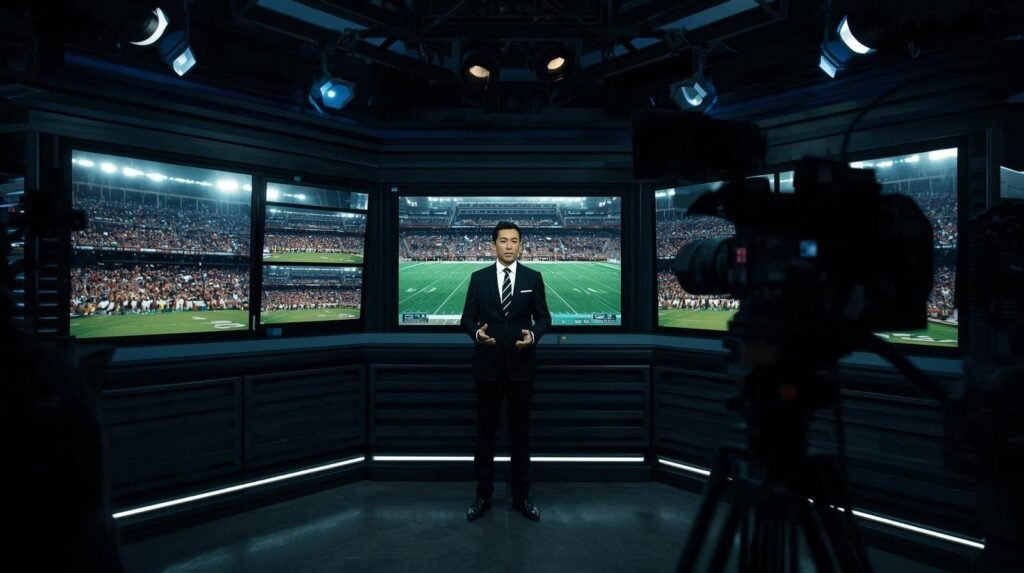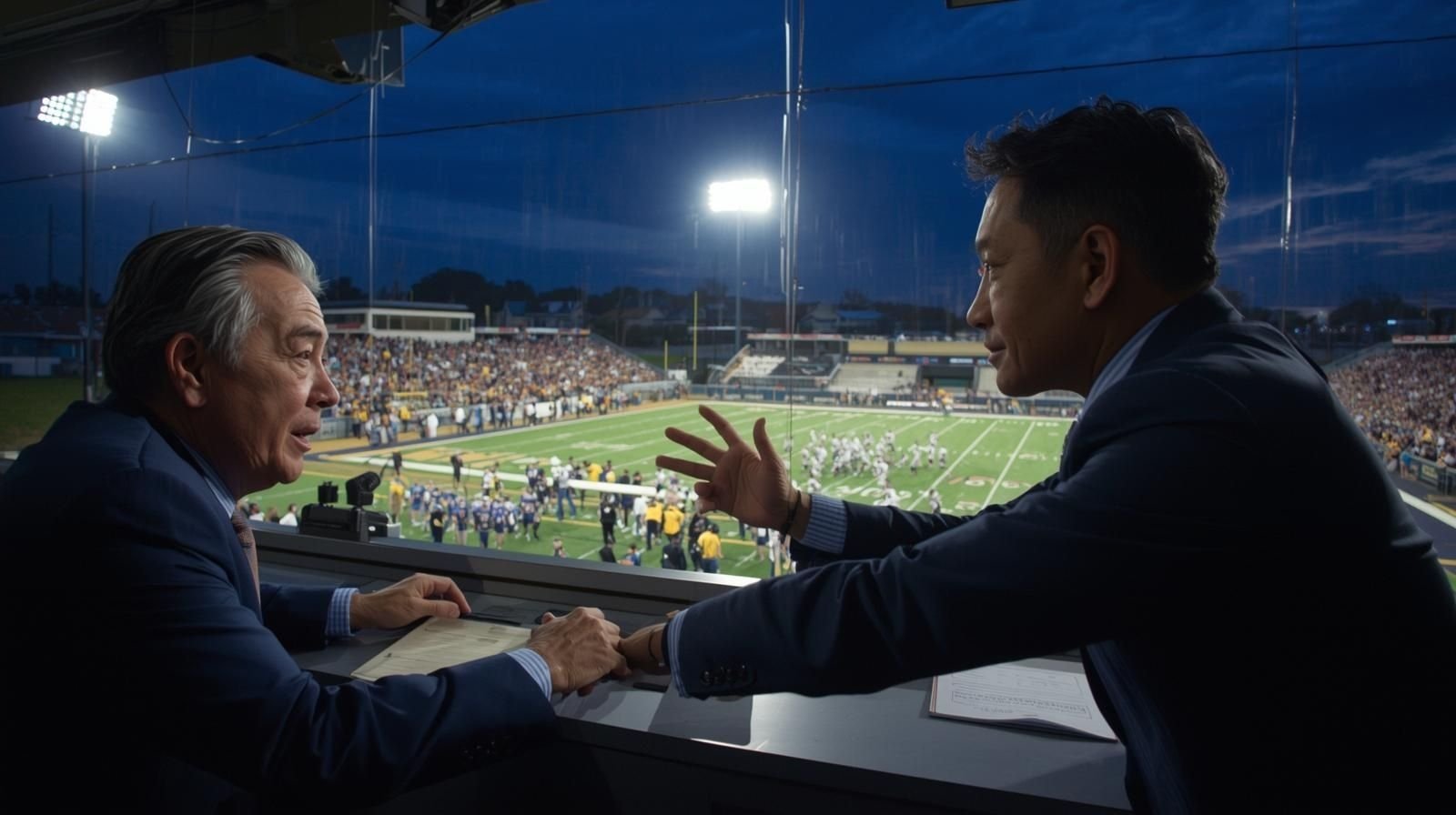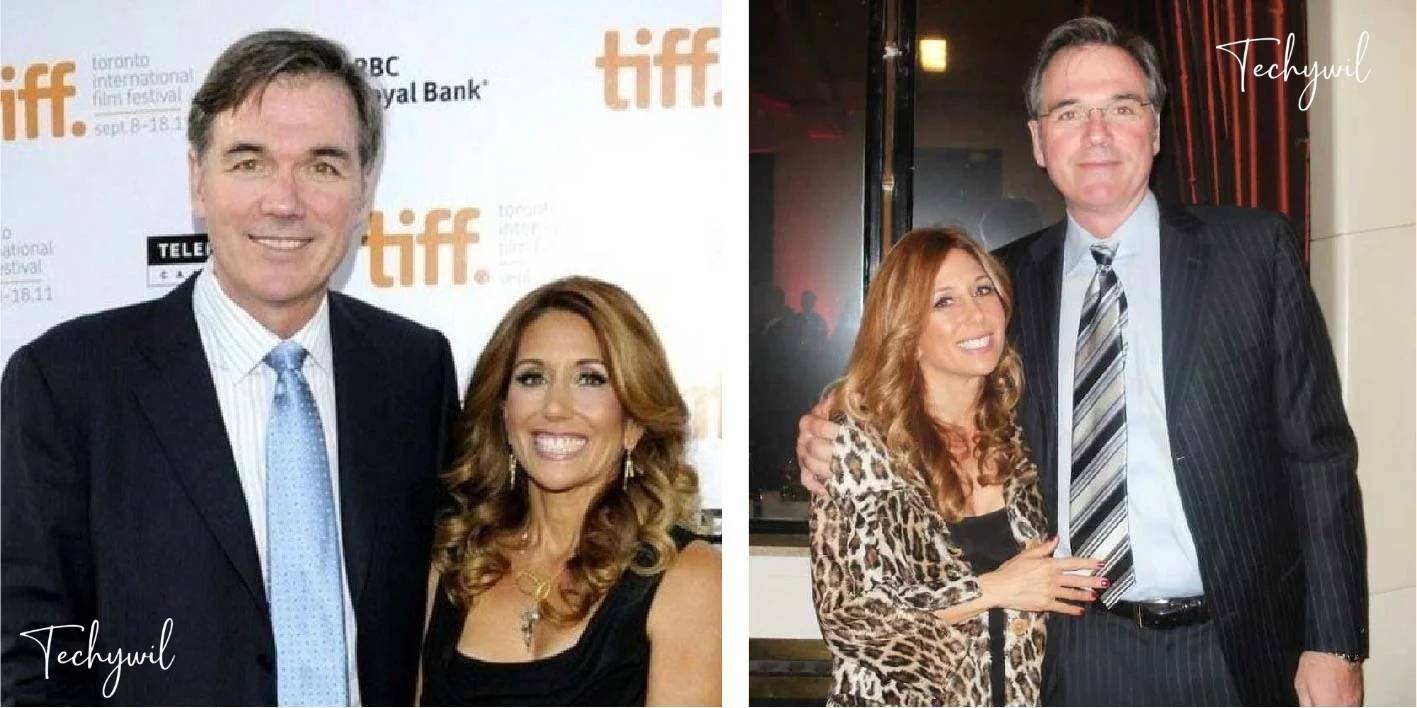Introduction
If you were watching the Missouri State High School Activities Association (MSHSAA) football championship, you probably expected an intense game — not an off-field controversy. But that’s exactly what happened. Midway through the live broadcast, the focus shifted from touchdowns to tension, sparking what’s now known as the MSHSAA football broadcast apology.
It wasn’t a botched play or a referee’s bad call that got everyone talking — it was the broadcast itself. Viewers began noticing something unusual, and before long, the commentary booth became the center of attention. What followed was an on-air apology that stirred up conversation about fairness, bias, and professionalism in sports broadcasting.
What Happened During the Broadcast
During the championship matchup, one of the commentators started making remarks that seemed a little too enthusiastic — and noticeably one-sided. Fans on social media were quick to point it out. Tweets, clips, and posts began circulating, with many accusing the commentator of showing bias toward a specific team.
The backlash was quick and loud. Within minutes, the MSHSAA made a surprising move: the commentator was taken off the broadcast mid-game. Shortly after, viewers heard a formal apology from the association. The message was clear — fairness and neutrality come first.
The On-Air Apology
The MSHSAA football broadcast apology wasn’t just a short note buried online. It happened live. MSHSAA representatives addressed the issue directly, acknowledging that the commentary hadn’t lived up to the organization’s standards of impartiality and respect.
It was a bold and unusual move. Most sports organizations handle these things quietly after the fact. But MSHSAA acted fast — they knew social media was already buzzing, and waiting could make things worse. The live apology helped calm things down and showed fans that the issue was being taken seriously.
Public Reactions: Fans and Coaches Respond
As you might expect, opinions were split. Some fans applauded MSHSAA for acting swiftly and showing integrity. Others thought it was an overreaction and argued that the commentator was just showing passion for the game.
Coaches from both sides chimed in. One appreciated how quickly the issue was addressed, while another said it was a reminder that commentators have to stay professional — especially when emotions run high. And of course, social media had its usual mix of outrage, jokes, and memes. It became one of the most discussed moments of the entire championship weekend.
Why the Apology Matters
Let’s be real — everyone makes mistakes, even commentators. But this moment hit a nerve because it touched on something deeper: trust. Fans expect commentary to be fair, especially when the stakes are high. When that trust breaks, it can change how people view the entire game.
By owning up to the mistake publicly, MSHSAA set a strong example for other sports organizations. The MSHSAA football broadcast apology wasn’t just damage control — it was a statement about values, transparency, and accountability. That’s something audiences notice.
How MSHSAA’s Response Compares to Pro Leagues
To put things in perspective, here’s a quick look at how MSHSAA’s reaction stacks up against how major sports leagues typically handle similar issues:
| Organization | Response Time | Public Apology | Broadcaster Action | Audience Reaction |
|---|---|---|---|---|
| MSHSAA | Immediate (During Game) | Yes, Live & Online | Commentator removed mid-game | Mixed but mostly positive |
| NFL | Post-game | Sometimes | Internal review | Often critical |
| NBA | Next day | Occasional statement | Commentator suspended or reassigned | Divided |
| NCAA | Delayed | Rarely | Case-by-case basis | Limited attention |
MSHSAA’s quick and open response actually earned it praise in some circles. Compared to the sometimes slow and quiet reactions from larger leagues, their transparency stood out.
The Bigger Conversation: Bias in Sports Commentary
This situation sparked a wider discussion about bias in sports broadcasting. Many high school and local commentators are community members — sometimes alumni or parents of players. That connection brings passion but can also lead to perceived favoritism.
The MSHSAA football broadcast apology highlighted just how important neutrality is, even in smaller or community-driven sports. When people see bias — real or perceived — it affects their enjoyment of the game. MSHSAA’s response served as a wake-up call that enthusiasm should never cross into partiality.
Also read: Colorado vs. NDSU: Football Titans Rumble in Heart of America
Moving Forward: How MSHSAA Plans to Improve
After the apology, MSHSAA promised to strengthen its broadcasting guidelines. Here’s what they reportedly plan to implement:
- Training sessions for commentators focusing on neutrality and professionalism.
- Rotation policies to prevent the same voices from covering the same teams too often.
- Live oversight during broadcasts to quickly address potential issues.
- Public feedback channels where viewers can report bias or unprofessional conduct.
These steps might seem small, but they go a long way toward maintaining trust with fans, schools, and athletes.
The Balance Between Passion and Professionalism
Let’s face it — passionate commentary makes sports more exciting. Nobody wants to listen to a robot reading stats. But there’s a line between energy and bias, and crossing it can damage credibility. That’s the real takeaway from the MSHSAA football broadcast apology.
Broadcasters, like players, carry a sense of responsibility. They represent the sport and the values behind it. Staying fair doesn’t mean being boring — it means respecting every player and every fan equally. And when mistakes happen (because they will), owning up to them quickly is what keeps integrity intact.

Conclusion
The MSHSAA football broadcast apology wasn’t just about a commentator’s mistake — it was about how organizations handle accountability in real time. Instead of brushing it under the rug, MSHSAA chose to face it head-on. That transparency might’ve been uncomfortable, but it ultimately reinforced the association’s credibility.
In the end, this incident is more than just a headline — it’s a reminder that fairness and respect matter, both on the field and behind the microphone. And if there’s one takeaway for everyone involved in sports, it’s this: mistakes happen, but how you respond defines your character.
FAQs
1. What caused the MSHSAA football broadcast apology?
A commentator’s biased remarks during a live championship game led to complaints, prompting MSHSAA to issue an on-air apology and remove him from the broadcast.
2. Who issued the apology?
The Missouri State High School Activities Association (MSHSAA) publicly addressed the situation both live during the game and later on their social channels.
3. Was the commentator fired?
The commentator was removed from the broadcast, but MSHSAA has not shared whether further disciplinary actions were taken.
4. How did fans react?
Reactions were mixed — many appreciated the quick apology, while others felt the move was unnecessary or too harsh.
5. What will change after this?
MSHSAA has introduced clearer broadcasting standards and training to ensure future games are covered with fairness and professionalism.
Thanks for visit Techywil











